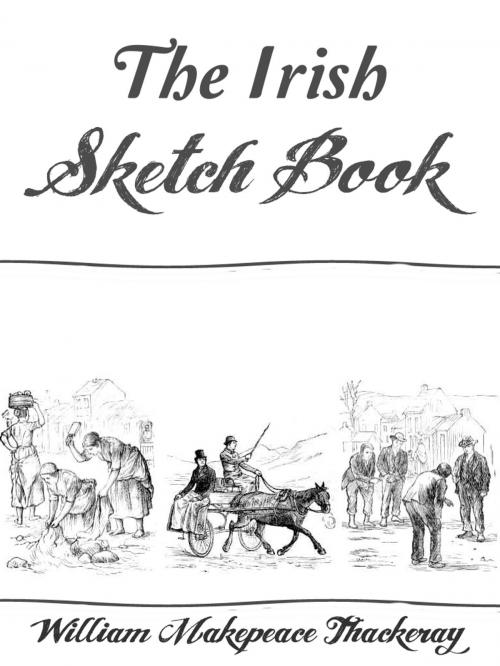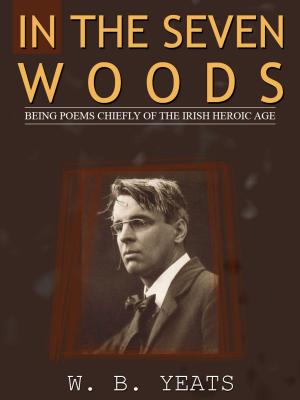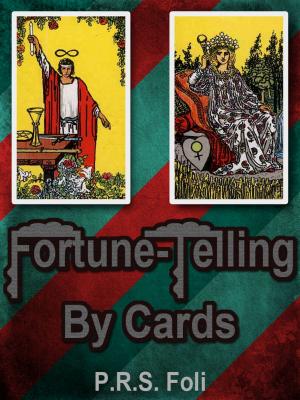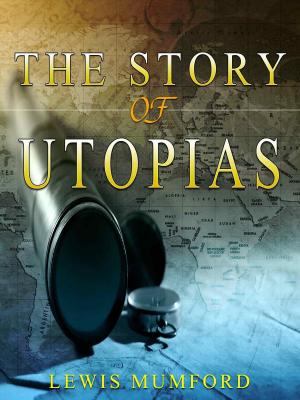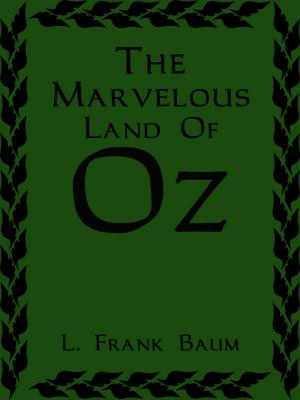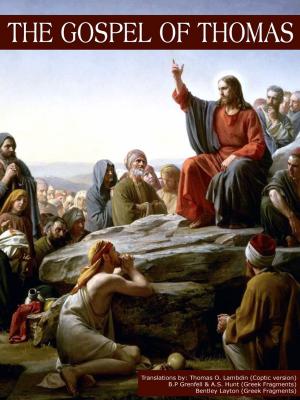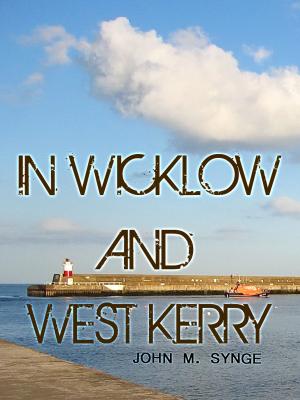| Author: | William Makepeace Thackeray | ISBN: | 1230000097945 |
| Publisher: | AppsPublisher | Publication: | January 9, 2013 |
| Imprint: | Language: | English |
| Author: | William Makepeace Thackeray |
| ISBN: | 1230000097945 |
| Publisher: | AppsPublisher |
| Publication: | January 9, 2013 |
| Imprint: | |
| Language: | English |
The Irish Sketch-book
by William Makepeace Thackeray
A travelogue of Ireland of the 1840s, not much in the way of folklore, but good background information.
"The Irish Sketch Book, which was the more substantial work, focuses on 'the manners and scenery of the country'. Nevertheless, it cannot leave out glimpses of the political and economic state of Ireland on the eve of the Great Famine. Although Thackeray suggests that these are 'miseries that one does not dare to think of ', he cannot miss 'public evidences of the distress of the country'. The dominant impression is of shabbiness, poverty, lack of work, and widespread 'popular starvation'. Central Dublin is like a deserted city; market-day in Carlow, in respect of the meanness of the objects for barter, is compared to market-day in 'a town of African huts and traders on the banks of the Quarra'; beggars' houses in Bantry are unfavourably compared, for comfort, with 'a Hottentot kraal', and everywhere he finds signs of neglect and ruin. He notes that the Irish Poor Law Report records 'twelve hundred thousand people in Ireland' with no means of support'. And he himself observes 'women pulling weeds and nettles in the hedges, on which dismal sustenance the poor creatures live, having no bread, no potatoes, no work'. Thackeray, however, is resistant to the rhetoric of 'English tyranny and suffering Ireland'."
The Irish Sketch-book
by William Makepeace Thackeray
A travelogue of Ireland of the 1840s, not much in the way of folklore, but good background information.
"The Irish Sketch Book, which was the more substantial work, focuses on 'the manners and scenery of the country'. Nevertheless, it cannot leave out glimpses of the political and economic state of Ireland on the eve of the Great Famine. Although Thackeray suggests that these are 'miseries that one does not dare to think of ', he cannot miss 'public evidences of the distress of the country'. The dominant impression is of shabbiness, poverty, lack of work, and widespread 'popular starvation'. Central Dublin is like a deserted city; market-day in Carlow, in respect of the meanness of the objects for barter, is compared to market-day in 'a town of African huts and traders on the banks of the Quarra'; beggars' houses in Bantry are unfavourably compared, for comfort, with 'a Hottentot kraal', and everywhere he finds signs of neglect and ruin. He notes that the Irish Poor Law Report records 'twelve hundred thousand people in Ireland' with no means of support'. And he himself observes 'women pulling weeds and nettles in the hedges, on which dismal sustenance the poor creatures live, having no bread, no potatoes, no work'. Thackeray, however, is resistant to the rhetoric of 'English tyranny and suffering Ireland'."
